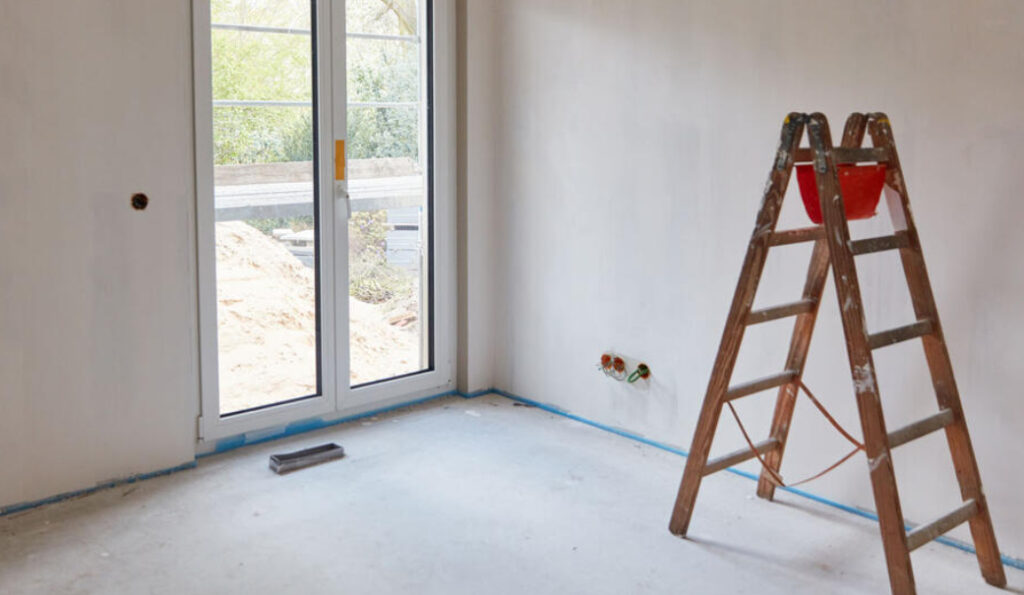It’s no secret that homebuyers prefer move-in ready homes that have been repaired and updated. The Wall Street Journal reports that fewer homebuyers want fixer-uppers because of high mortgage interest rates and construction loans. Since the seller has disclaimed the home, the cost of repairs and updates are unknown. Some mortgage guarantors like FHA and VA have certain safety and home integrity requirements, which means that if the seller doesn’t make the improvements needed, the homebuyer won’t be approved for the mortgage loan.

Yet, there are times when the seller simply doesn’t have the financial or practical means to make repairs and improvements. So, what can the seller expect from the marketplace?
Selling a home “as is” means selling the home in its current condition to relieve the seller of most of the responsibilities and costs associated with selling a home. As-is sellers still need to meet minimum state and federal disclosures, such as filling out a seller’s disclosure that declares known defects and problems in the home, but this can have a sobering effect on homebuyers. A balanced market, or one in favor of buyers can reduce the selling price of an as-is home as much as 15% to 20% below market value and takes longer to sell, exacerbated by carrying costs such as mortgage payments, HOA fees, utilities, and more.
Lower offers can also be expected from investors who pay cash, as they have purchase and resale formulas that must be met before they’re interested.